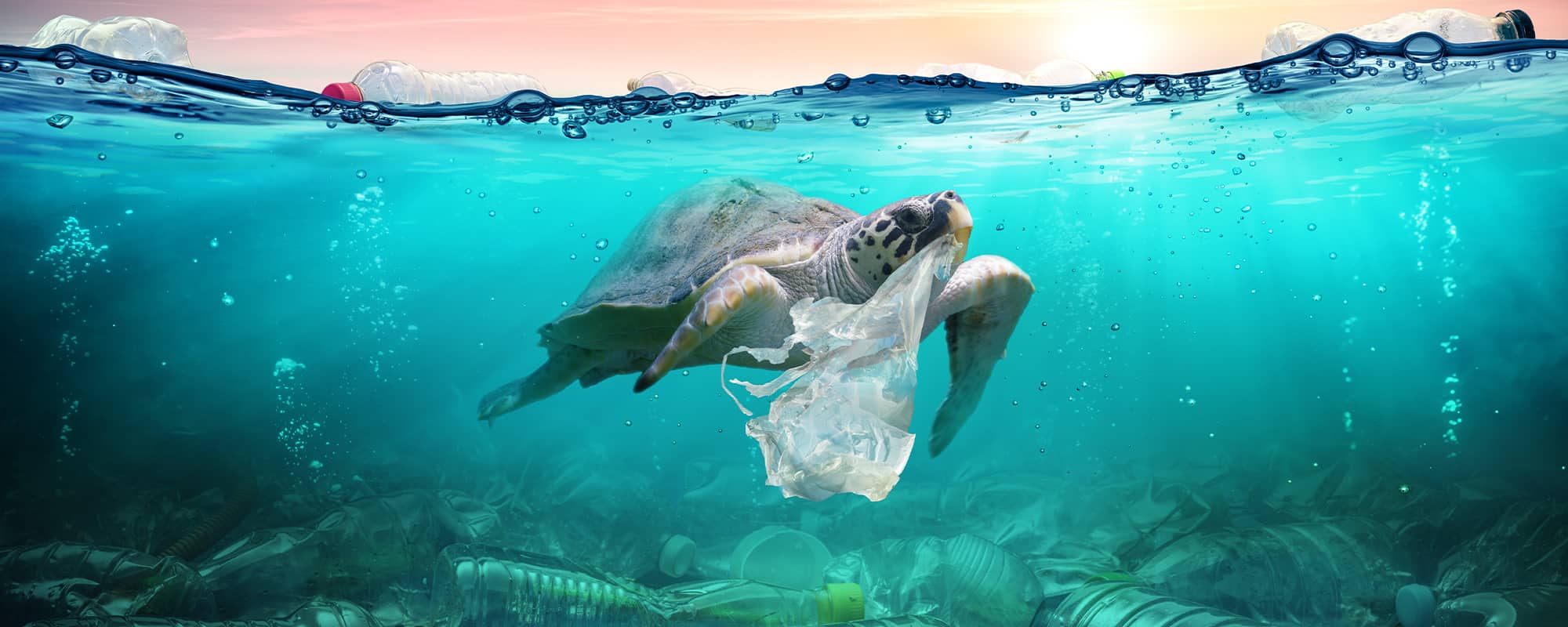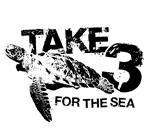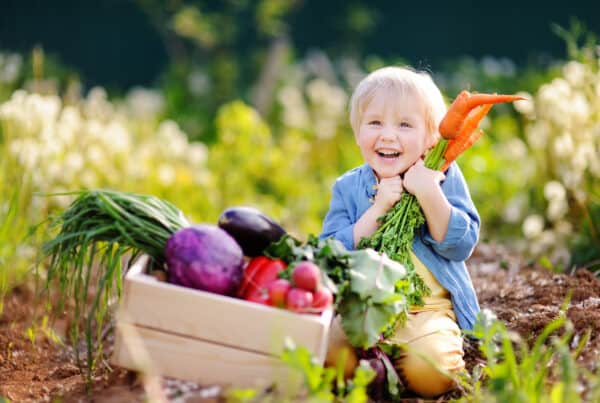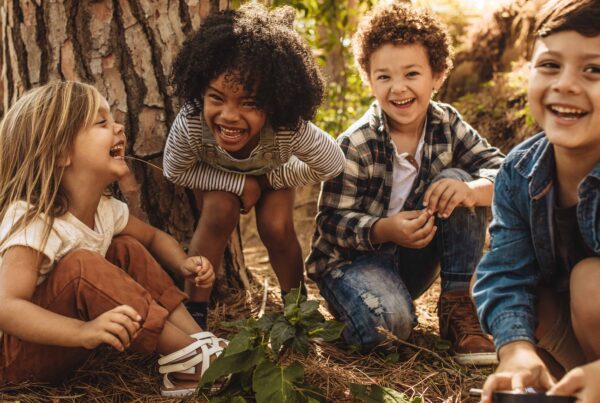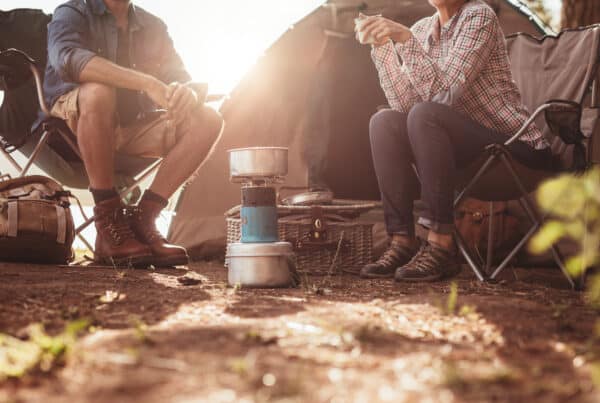If you take a look around, you will notice you’re surrounded by plastic products. Most of which will contribute to the ever growing global plastic pollution problem.
Plastic pollution is the accumulation of litter, plastic objects and particles in the Earth’s environment. Over 8.3 billion tonnes of plastic have been made since mass production began in the 1950’s. Sadly, at least 8 million tonnes of plastic end up in our oceans every year. For our marine life, ingesting plastics can be fatal, causing internal blockages, starvation, injury and bleeding. It can be equally as catastrophic for other animals, including us, as plastic particles contaminate our food, water and even the air we breathe.
Only 9 percent of this plastic has been recycled, the other 91 percent sits in landfill, floats in our oceans or is combusted, further releasing unhealthy chemicals into the atmosphere. But plastic doesn’t break down. Instead, it breaks up into smaller and smaller pieces, eventually creating microplastics and nanoplastics.
Reducing the use of plastic is imperative. Plastic production requires an enormous amount of energy and resources with significant carbon emissions and subsequent climate change. Recycling plastic is not efficient and it’s not created with the environment or our future in mind.
So how can we help limit our use of plastic?
Well let’s start with the facts and try to implement some alternative to fuel the solution.
Plastic Bottles
The Problem: Over 1 million plastic bottles are purchased every minute around the world.
The Solution: Refuse plastic bottles and seek reusable alternatives. Don’t drink bottled water. Every single-use bottle you refuse is a positive move for the planet.
Plastic Bags
The Problem: An estimated 500 billion to 1 trillion plastic bags are used annually worldwide. That’s nearly two million plastic bags every minute and only used for a few minutes.
The Solution: Reusable shopping bags are readily available and can be used hundreds of times. Refuse plastic bags and recycle your soft plastics through a program like the REDcycle program – www.redcycle.net.au
Plastic Straws
The Problem: Each day, more than 10 million plastic straws are used and discarded in Australia alone.
The Solution: If you need to use a straw, purchase a reusable one and always ask for ‘no straw please’ unless they are eco friendly.
Coffee Cups
The Problem: Around 500 billion disposable coffee cups are produced each year. Paper and cardboard coffee cups have a thin plastic lining to prevent liquids leaking, making them difficult to recycle.
The Solution: If you are having your drink ‘to go’ use a reusable cup, or otherwise, slow down and have your drink in-house using a ceramic cup.
How can your family help improve the health of our oceans?
- If you see rubbish – pick it up
- Use reusable drinking bottles
- Avoid takeaway coffee cups
- Say no to plastic straws
- Carry reusable bags
- Avoid fruit and vegetables wrapped in plastic
- Have plastic free lunch boxes
- Use reef safe sunscreen. Many sunscreens use chemicals that are toxic to corals. For more information head to www.savethereef.org
For more tips on how we can eliminate single-use plastics and live more sustainably, head to www.take3.org
If you would like a great book and some resources to help you navigate this topic with your children, check out Little Pago created by illustrator and storyteller Lauren Briggs. The book focuses on a vulnerable baby sea turtle named Little Pago, who embarks on an adventurous journey in search of food in an ocean of plastic. The site also provides more tips on how we can eliminate single-use plastics and live more sustainably.
Against a magical background of coral flowers and seaweed gardens, Little Pago and his friends set out on an adventurous journey in search of food. However, not everything floating in the ocean is safe for a baby turtle to eat. This children’s fiction picture book, with an environmental and sustainable focus is written and illustrated for 2-5 year olds. Little Pago is an imaginative, compelling and inspiring story about friendship, perseverance and the important role each of us can play in keeping one of our oceans most ancient and endangered sea creatures safe for future generations.
Become an advocate for change and join The Little Pago Family. The internal pages of this book are printed on FSC certified 100 percent recycled paper. A donation will be made to Take 3 for the Sea on the sale of each book www.take3.org $19.99 – www.boolarongpress.com.au

